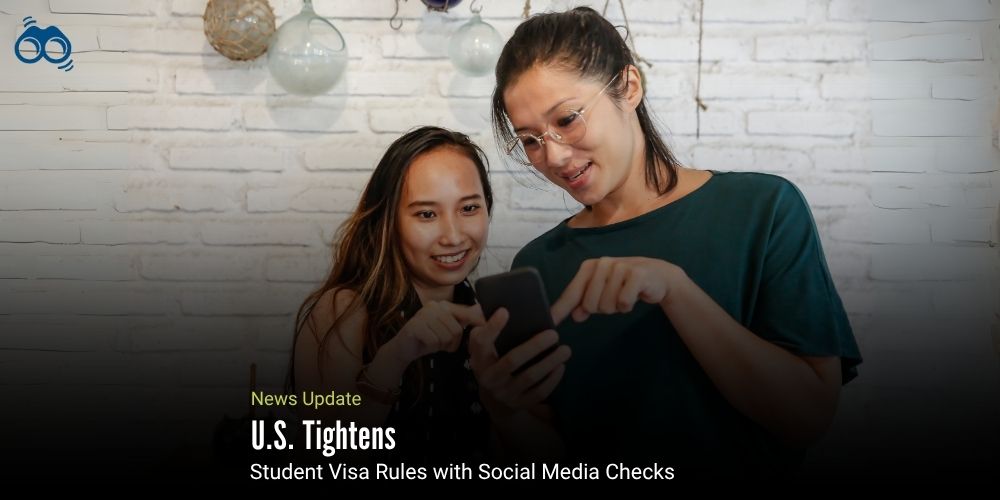International Students Face New Hurdles as U.S. Expands Digital Vetting
Federal Judge Dismisses Challenge to Student Visa Surveillance Policy
In a ruling that reinforces the enduring influence of Trump-era immigration policies, a federal judge has dismissed a lawsuit challenging the U.S. State Department’s controversial mandate requiring increased social media scrutiny for student visa applicants. The plaintiffs contended that the policy violated First Amendment rights by compelling applicants to disclose their social media handles and by denying entry to individuals perceived as expressing dissent or hostility towards the United States.
Nevertheless, the court upheld the government’s authority to implement the policy, signalling judicial deference to national security priorities over potential free speech infringements. Notably, D.C. District Court Judge J. Michelle Childs, appointed by President Biden, ruled that the plaintiffs lacked standing to pursue the case on constitutional grounds. The revised State Department policy, which came into effect earlier this month, mandates that all F, M, and J visa applicants make their social media accounts public for review. Consular officers are now instructed to assess applicants’ online presence for signs of anti-American sentiment, extremist affiliations, or antisemitic behaviour, with the aid of digital tools and AI-based monitoring systems.
This development forms part of a broader administrative strategy aimed at curbing international student enrolment, particularly in the wake of pro-Palestinian campus protests and heightened scrutiny of foreign nationals from specific regions. The policy has already led to the revocation of over 300 student visas under the “Catch and Revoke” programme, raising alarm among civil liberties groups and academic institutions.
Higher education advocates have expressed growing concern that the intensified vetting process could result in significant delays in visa processing, especially critical as universities prepare to welcome new cohorts in the coming weeks. The policy’s expansion marks a pivotal moment in U.S. immigration governance, where digital surveillance increasingly shapes the future of academic mobility.
Editor’s Note:
The recent U.S. court decision to support strict social media checks for international student visa applicants shows a major shift in how immigration policy and personal freedoms are connected. This policy allows the State Department to look into applicants’ online lives, often without clear limits or ways to challenge it. These practices raise significant concerns regarding privacy and free speech. Social media serves as more than just entertainment for many students; it is a vital platform for sharing ideas, engaging in activism, and fostering cross-cultural connections. Intense scrutiny of these platforms could deter students from expressing themselves freely, even before they arrived in the U.S. What makes this more worrying is that it comes at a time when other major countries are also introducing tougher visa rules. This adds stress and confusion for students who just want to study abroad.
Skoobuzz underlines that the problem isn’t just about delays; it affects the heart of what education should be: open, inclusive, and full of different voices. If countries focus too much on control, they risk losing the diversity and energy that international students bring.














0 Comments (Please Login To Continue)